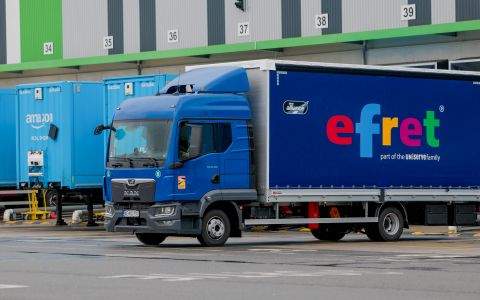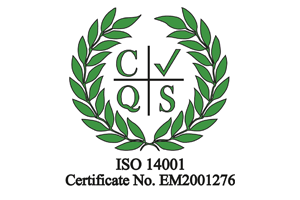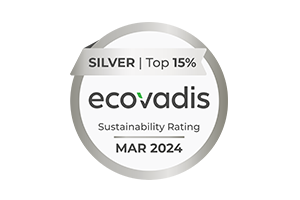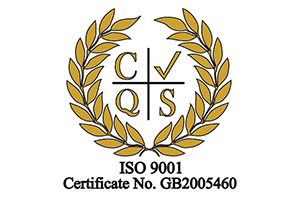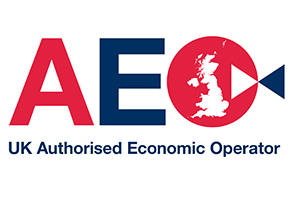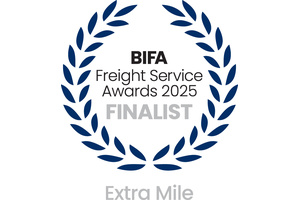Increase of road tolls (MAUT) and CO2 charges for trucks in Germany - effective 1st December 2023

What is happening with MAUT charges?
The German Federal Government will impose significant increases to MAUT and CO2 charges for trucks effective from 1st December 2023 as part of their Climate Protection Modernization Package. These changes aim to reduce carbon emissions and promote long-term sustainability.
Here's a summary of how this impacts road transport within or transiting Germany:
- Effective from 1st December 2023, there will be a CO2 surcharge of €200 per ton of CO2 emitted by commercial vehicles. This will result in an additional charge of approx. 0.16 €/km.
- Additionally, MAUT road tolls will increase significantly from 0.19 €/km to 0.35 €/km, depending on the emission class of the truck.
- Euro 6 trucks are not exempt and older trucks attract higher levies.
- Commercial vehicles weighing over 3.5 tons will also be included in the legislation.
To demonstrate the potential impact of this increase for an example journey of 706 kms with a Euro 6 compliant, 5 axle truck, calculated from the official table below:
- Existing MAUT cost: €134.36
- New MAUT cost: €245.86
- Example increase per load: €111.50

What does this mean for my freight costs?
Unfortunately, as this charge is imposed by the German Government, we have no alternative but to pass this on, at cost, to our customers, therefore, depending on the distances and the type of truck, there may be significant increases per truck load.
How can I minimise the impact of these additional charges?
The increase in direct costs is unavoidable for a road freight journey in Germany, but there are ways to minimise the impact, for example:
- Only work with European transport companies that operate newer vehicles that are at least Euro 6 compliant. Trucks that meet these standards attract the lowest emission standards, which results in lower rates. All Efret’s trucks comply with the higher standard.
- Subject to operational considerations, it may be feasible to convert road movements to an intermodal network, such as a combination of short sea and rail. Removing the majority of the road element can significantly lower the overall CO2 and road toll taxes, thereby reducing cost. Talk to Efret’s team of multimodal specialists about designing appropriate solutions.
- Choose a European transport provider like Efret with a commitment to a robust sustainability strategy that supports decarbonisation innovation.
Advance warning of pending legislation in other countries:
- Implementation of a similar toll increase in Austria effective on January 1st, 2024 which is likely to result in increase of charges by 20% and 30%.
- The government of the Czech Republic has also announced an expected increase in tolls from March 2024 of between 10% and 15%.
If you have any questions about the new charges and how they will affect your freight costs, please get in touch with our team.
Recent articles

Efret welcomes Tendron as GB Global bolsters European network
28th January 2026 1 minute read
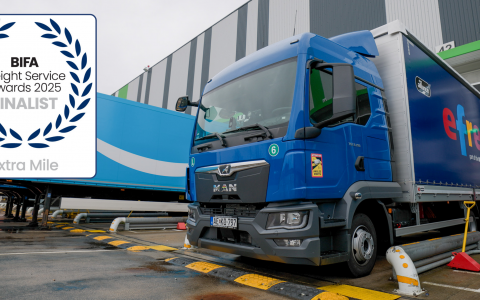
Efret Shortlisted for BIFA ‘Extra Mile’ Award 2025
29th October 2025 2 minute read
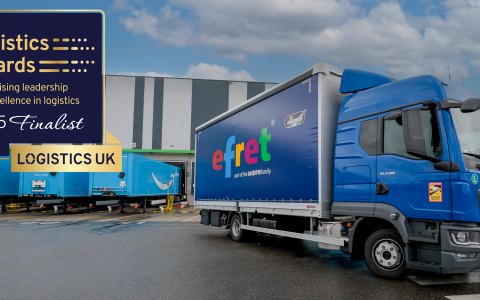
Efret Shortlisted for Van Business of the Year at Logistics UK Awards 2025
20th August 2025 2 minute read

